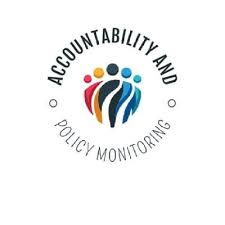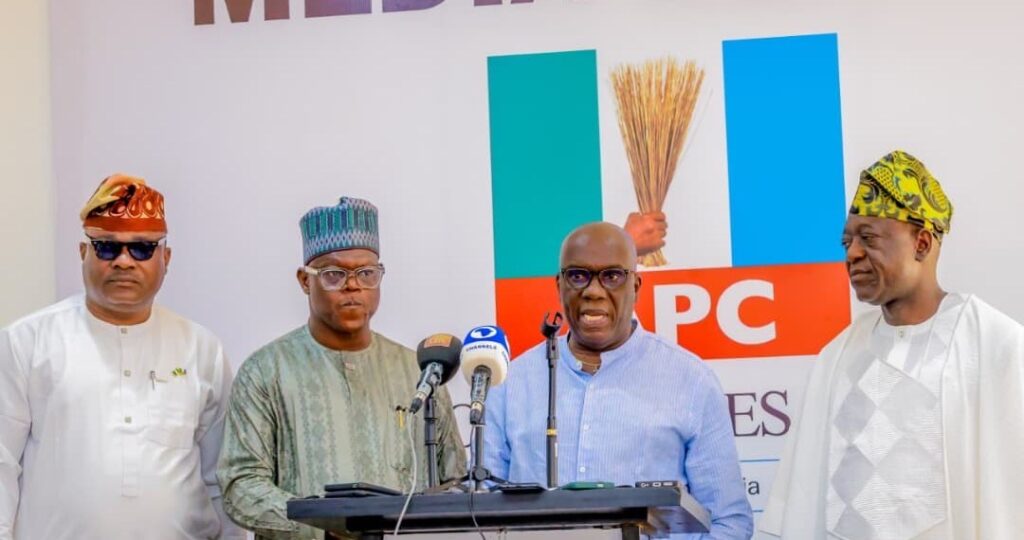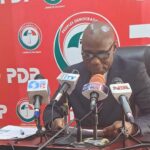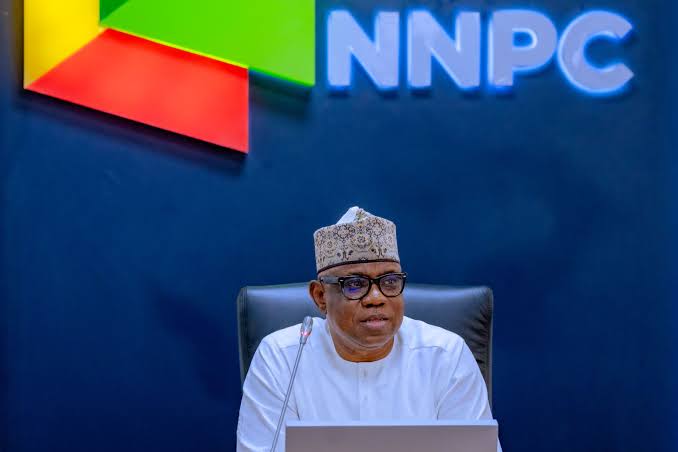Accountability and Policy Monitoring – The Missing Links in Nigeria’s Economic Growth

Economic growth in Nigeria has always been a story of cycles: periods of boom fueled by natural resources, followed by painful busts triggered by external shocks or poor governance.
Today, the current administration is implementing reforms that have begun to stabilize exchange rates and reduce inflation to 20.12% as of August, while GDP growth rose to 4.23% on the back of increased oil production. These are commendable strides. Yet, if history has taught us anything, it is that reforms alone are not enough. Without accountability and strong policy monitoring, economic growth will always remain fragile.
Lessons from the Past
At independence in 1960, Nigeria’s agrarian economy thrived on cocoa, groundnuts, and palm oil, which accounted for over half of GDP and employed most of the population. Stability came from prudent management, with the Nigerian pound pegged to the British pound and exchanged at around $2.8. But the discovery of oil and the 1970s oil boom shifted the nation’s trajectory. Oil revenues quickly overtook agriculture, accounting for more than 90% of exports by 1975.
This dependency proved disastrous in the 1980s when global oil prices collapsed. With revenues shrinking, debts rising, and inflation spiraling to 54.5%, Nigeria resorted to the Structural Adjustment Program (SAP). The program mandated austerity—currency devaluation, subsidy cuts, and liberalization—which further deepened public discontent. The lesson was clear: growth without accountability and proper monitoring of policies can unravel at the first sign of external pressure.
The Reform Era and Its Pitfalls
The return to democracy in 1999 sparked a new wave of optimism. President Obasanjo’s reforms, debt relief negotiations, and anti-corruption campaigns restored confidence. Banking reforms in 2004 strengthened financial institutions, and the telecoms boom revolutionized access to communication. These policies drove Nigeria’s GDP growth to an average of 6-7% annually, and by 2014, rebasing nearly doubled the economy, making it Africa’s largest.
However, overreliance on oil persisted. The 2014 oil price crash again exposed weak accountability structures. Despite years of growth, funds had not been adequately saved or invested in diversification. The 2016 recession was not just an economic downturn—it was a failure of monitoring and accountability in managing oil windfalls.
Why Accountability and Monitoring Matter Today
The current administration’s reforms—exchange rate stabilization, disinflation, and increased oil output—are important. But numbers alone are not enough. For reforms to be sustainable:
• Policy monitoring must ensure that gains are not lost due to policy reversals or political interference.
• Accountability mechanisms must guarantee that oil revenues, taxes, and loans are transparently managed and invested in sectors like agriculture, manufacturing, and technology.
• Institutions must be empowered to track implementation, not just design reforms on paper.
Nigeria cannot afford another cycle of short-lived growth followed by deep recession. Citizens deserve to see that reforms translate into jobs, infrastructure, and real welfare improvements—not just economic statistics.
The Way Forward
To truly transform Nigeria’s economy, the government must institutionalize accountability frameworks such as open budget tracking, performance scorecards for ministries, and independent policy monitoring agencies. Civil society and the media must also play their part, acting as watchdogs to ensure leaders remain answerable.
Economic growth is not just about GDP numbers—it is about sustainability, fairness, and resilience. Nigeria has proven it can grow. Now it must prove it can sustain growth through accountability and effective policy
The Reform We Need is Accountability
Nigeria’s economy has always danced between promise and peril. Today, the government is rolling out reforms that have stabilized the exchange rate, slowed inflation to 20.12% by August, and lifted GDP growth to 4.23%—boosted by higher oil production of 1.68 million barrels per day. On paper, these are encouraging gains. But the real question is: can Nigeria finally break the cycle of temporary progress and lasting setbacks?
History suggests otherwise—unless accountability and policy monitoring are placed at the heart of governance.
At independence in 1960, Nigeria’s economy thrived on cocoa, groundnuts, and palm oil, which contributed over half of GDP. The naira was strong, the Nigerian pound pegged to the British pound, and the economy stable. But the oil boom of the 1970s quickly erased the balance. Oil exports shot above 90% by 1975. When prices crashed in the 1980s, the nation plunged into crisis—revenues collapsed, debts ballooned, and inflation soared above 50%.
The military’s Structural Adjustment Program (SAP) imposed harsh medicine—currency devaluation, subsidy cuts, and liberalization. Instead of recovery, Nigeria got pain and protests. Why? Because policies were imposed without accountability, and their impact was poorly monitored.
When democracy returned in 1999, reforms under President Obasanjo—debt relief, anti-corruption efforts, and banking consolidation—restored hope. The GSM boom in connected millions, and by 2014, Nigeria’s economy was rebased as Africa’s largest. Yet the oil price crash that same year exposed the same old weakness: overdependence on crude, with little to show for years of record revenues. By 2016, Nigeria was in recession again.
The lesson is clear. Growth without accountability is like building on sand—it collapses at the first storm.
Today, as the government pursues reforms, Nigerians must demand more than numbers. We must ask: Where is the money going? Who is tracking results? Are policies being monitored beyond their announcement?
Without transparent use of oil revenues, effective budget tracking, and independent oversight, these reforms will end up like many before them—brief successes overshadowed by long-term failure.
The way forward is simple but urgent. Nigeria needs institutionalized accountability frameworks: open budgets, performance scorecards for ministries, and citizen-led monitoring of government projects. Civil society, the media, and watchdog groups must also play their part in keeping leaders in check.
Nigeria has proved it can grow. What it has not proved is that it can sustain growth. The difference lies in accountability and effective policy monitoring. Until those missing links are fixed, our economy will continue to rise and fall like oil prices.








